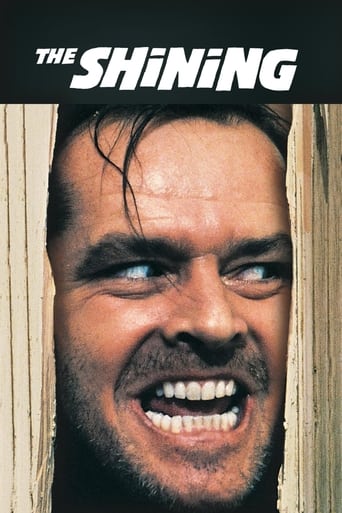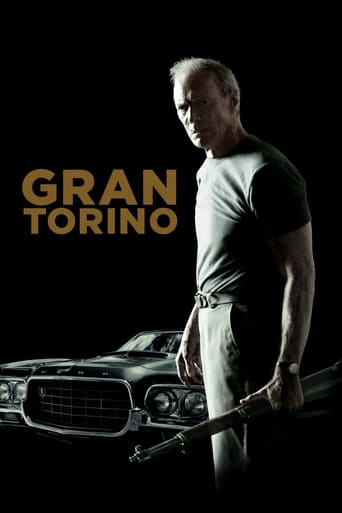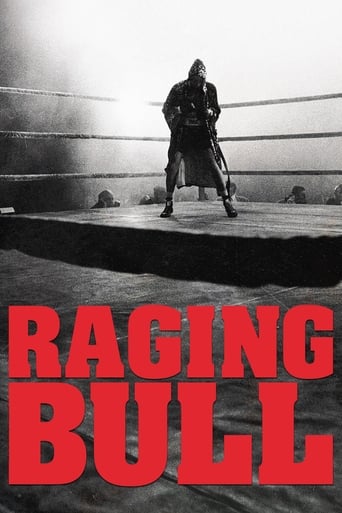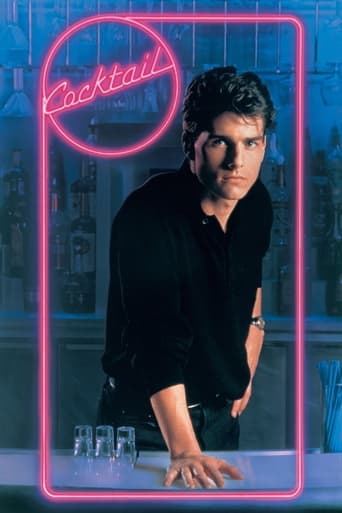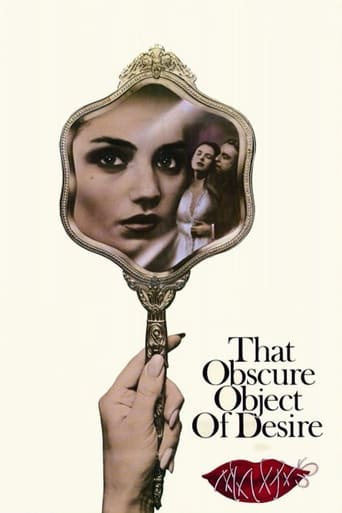


That Obscure Object of Desire
After dumping a bucket of water on a beautiful young woman from the window of a train car, wealthy Frenchman Mathieu, regales his fellow passengers with the story of the dysfunctional relationship between himself and the young woman in question, a fiery 19-year-old flamenco dancer named Conchita. What follows is a tale of cruelty, depravity and lies -- the very building blocks of love.
-
- Cast:
- Fernando Rey , Carole Bouquet , Ángela Molina , Julien Bertheau , André Weber , Milena Vukotić , María Asquerino


Similar titles
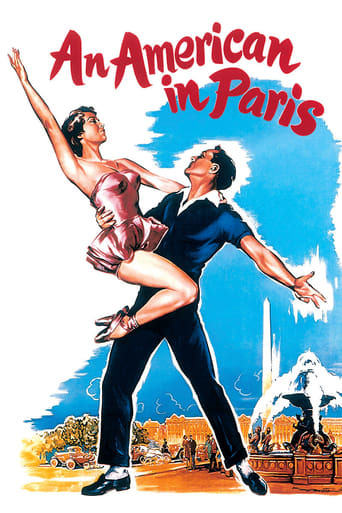
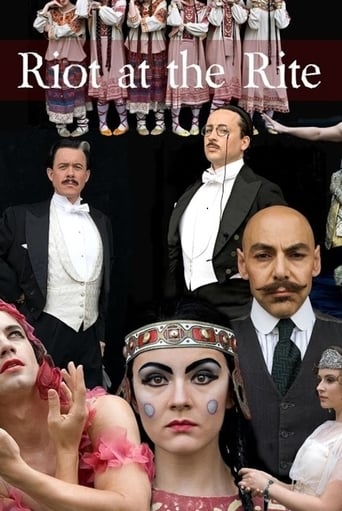
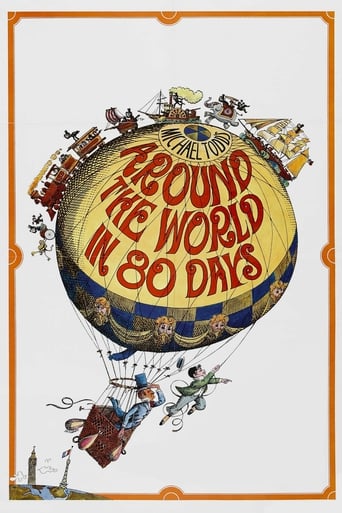
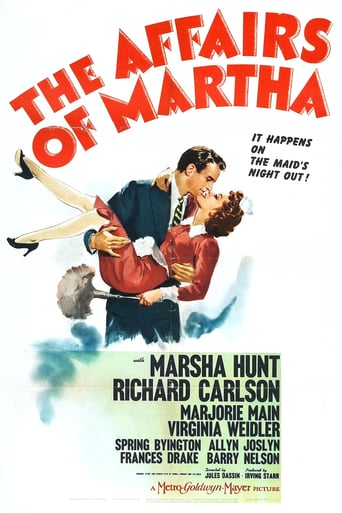
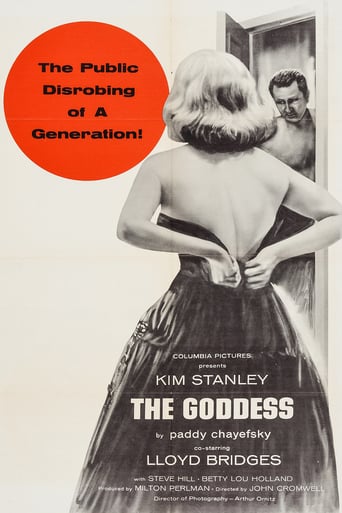
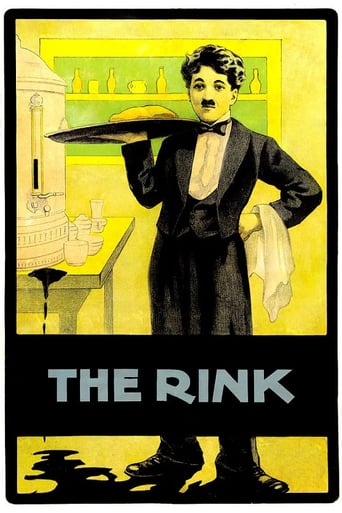

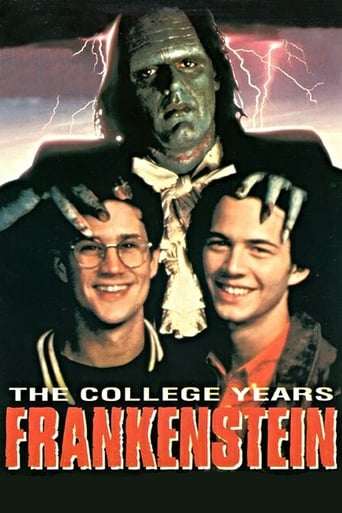
Reviews
Sick Product of a Sick System
This film is so real. It treats its characters with so much care and sensitivity.
It’s not bad or unwatchable but despite the amplitude of the spectacle, the end result is underwhelming.
what a terribly boring film. I'm sorry but this is absolutely not deserving of best picture and will be forgotten quickly. Entertaining and engaging cinema? No. Nothing performances with flat faces and mistaking silence for subtlety.
Luis Bunuel is the 20th century's greatest experimental filmmaker. From the dawn of silent pictures, Bunuel had been turning heads and shocking the establishment with his with his bizarre, incomprehensible cinematic ventures. He came, saw and perfected art filmmaking forever with the help of his friend Salvador Dali, on the historically acclaimed short shocker "Un Chein Andalou". The question is, with such fame achieved at such an early age, what more did he have to prove? The answer is much more. As an auteur, he continued to make some of the most interesting surrealists masterpieces of recent memory, like the Twilight Zone-type suspense thriller "The Exterminating Angel". Most of his films centered on one common concept, and that is Bunuel's subconscious fascination of human sexuality. How it controls us, and destroys us. We enter, his final picture, "That Obscure Object of Desire", and it is by far his most sexually fascinating film of all. It is a torturous exercise of patience, impotence and aggravation. In the end, he absolutely encapsulates in one movie, what the Heteronormative experience is all about. What we have is the story of a wealthy bachelor named Mathieu, played impeccably by Fernando Ray, as he recounts to a packed train car of curious passengers, his story of love lost. He has fallen for a beautiful woman named Conchita, who teases him with her graceful ability to flirt with him. For the first half of the movie, they end up following each other, and enter each other's lives as if cupid's arrow struck the both of them. With all this newfound attention, Mathieu is revved up and ready to make love to her. Yet, with every advance he makes, it is met with very adamant rejection from Conchita. He tries to use money to convince her mother to marry her, but that doesn't work. He successfully gets her into bed, unclothes her, and realizes that she has a chastity brace hiding under her gown. Time and again, he keeps getting shut out of sex, and eventually, he begins to lose control of his self-respect and moral boundaries. By today's standards, he would be accused of trying to rape the poor woman. What makes the case of Conchita so fascinating, is how controlling and cunning she is at Mathieu's advances, and as a female character, Bunuel constructs what is in essence, a feminist hero. Well, make that, heroes. What do I mean? It seems as if Bunuel has cast two different actresses to play the role of Conchita, Carole Bouquet and Angela Molina. To my delight, and surprise I couldn't tell the difference. The casting of these two women were brilliant on the part of Bunuel, because they both represented Conchita with two strong and clever females, who drag Mathieu along through the entire film, and torture his sexual desires. Bunuel has always had a knack of portraying women as clever temptresses, like the scenes in "Au Chein Andalou" which portray the female character as fuel to the man's sexual fetishes, and yet get she gets the best of him in the end. One must ask the question of whether or not Conchita actually exists? Perhaps it's a figment of Mathieu's vibrant imagination. But does that really matter? She could be real or not real, in the end, Conchita is a metaphor for sexual perversity, and the ignorance of men. As with most of his films, Bunuel uses his surrealist imagery and story telling to convey a unique form of symbolism. One of the more unexplained and fascinating aspects of the picture was the ongoing crisis of domestic terrorism in France that occurred as the story of the two lovers was being told. The film so famously ends with Mathieu and Conchita dying in a bomb explosion. It was a head scratcher, indeed. But I concluded with something interesting, and that is that Mathieu and Conchita were leaving disaster everywhere they turned, and usually when there was a rift in the relationship. It felt that it was the universe trying to separate them from each other, as if Conchita's chastity wasn't enough of a deterrent. The film ends in a very unsettling fashion, as we see the couple shopping in a museum, not particularly happy with their relationship, but not particularly wanting to leave each other. It was almost as if the film itself had enough of such inane romantic indecisiveness, and just decided to end it all by killing them in an explosion. It was truly never meant to be, and Bunuel knows it. In conclusion, "That Obscure Object of Desire" is an affair not worth missing out on. It is the performances and storytelling that are the most attractive, and as his swan song, Bunuel knocks it out of the stratosphere, with explosions.
What a queer film this is. It appears to be about the hypocrisy and apathy of the middle classes, particularly their sexual hypocrisy, as expressed through the infatuation of a rich business man (of a certain age) with a young and beautiful Spanish dancer.The hero, Mathieu, spends the film time trying to get Conchita into bed and more specifically trying to achieve penetration. Sometimes she seems up for this, sometimes she doesn't. In any case there is always a problem when they get down to it, much to Mathieu's frustration. This obsesses him to such a degree that he is almost oblivious to the acts of terrorism that are happening all around him. It's not just in the paper, on the radio and on the PA in the shopping centre. He's mugged in a park, there's a shooting on his doorstep, he's held at gunpoint and his car stolen.To Mathieu this matters little compared with his ongoing bedroom antics with Conchita. Conchita is an unpredictable woman. Is she deliberately torturing Mathieu? In the end Mathieu thinks so and things turn violent. Even then, they remain somehow bound together.How did this film come to be so critically lauded? Is it simply due to the crude gimmick of having Conchita played by two actresses who switch between and within scenes? Oddly this quirk loses its strangeness as the film progresses and really adds nothing. The two actresses don't portray different sides of the same person (there are no fully realised characters in this film) as has been suggested. Conchita is as changeable and contradictory regardless of who she is played by. The film in general feels thrown together.It looks and plays like a mix of early silent comedy, 70's soft porn and daytime soap - but not in a good way.This is the broadest satire and not particularly insightful or funny. It has surreal touches. Is Bunuel messing with us?
I am trying to solve a small mystery. Has anyone read Bunuel's autobiography? The film was released in 1977, but I somehow knew the story line in 1971. A song I wrote in 1971 was written after I read the story. Since I did not see the film until much later,I had always assumed that I had read a review of the film. I believe what I read was the screenplay, which had yet to be filmed. Anybody? I really enjoyed the film, especially the use of two different women displaying different character facets. The first time I watched it, I barely picked up on it. However, after watching it several times, I discovered that along with this method, there are many scenes and "tricks" that Bunuel employed to bring his vision to the film.
"That Obscure Object Of Desire" is one of the most influential films I have ever seen! I remember liking it very much when I watched it for the first time long ago; but a few days ago I decided to watch it again and found myself completely absorbed in its magnificence and the splendour of suggestive details Bunuel entered into the film. Having two actresses playing the role of Conchita represent two separate moods and even personalities of hers. It is even stressed by the fact that one of them exits the room with one particular hair-style and enters again with her hair made in a different way. The "first Conchita" is French-looking, shy, subtle and demure, always with her head bend down, in an obedient, servant-like manner, whereas the "other Conchita" looks a lot more like a Spaniard, with big beautiful eyes and slightly curly hair, moody and demanding- the dominant side of her personality. There are two more, let's say, surreal details present throughout the film: one of them being the package Mathieu lefts behind at the beginning of the film which appears to be the same as the one out of which the girl in the shop window takes the blood-stained veil, and which supposedly contains a bomb that goes off at the very end; the other detail being the constant terrorist attacks, whether shown directly or by means of radio or newspapers announcements. Apart from the possibility that Conchita herself might belong to a group of terrorists, as her friendship with guys who at one point rob Mathieu suggests, there is also another point of view considering the relationship between Mathieu and Conchita, full of hatred- love/attraction-repulsion tension as some kind of a psychological bomb that would eventually explode. As I was watching this film, I thought it obvious that Conchita doesn't love or even respect Mathieu and that he's been trying, not only to take his money, but also to utterly destroy him, as some kind of a temptress. However, having seen that after gaining the property over the house in Spain as a present from Mathieu, and after ditching him in an abrupt manner, she still seeks him and torments him, I realised that not only he cannot live without her, but she as well possesses some kind of peculiar attachment to him, may it only be to humiliate him or being humiliated or even beaten by him. Therefore, I think there are no grounds upon which the theories that she is only after his money and nothing else might be based. This film conveys the ever-present motif of dualism of human nature, the motif that stretches back to "The Picture Of Dorian Gray" or "Dr.Jekyll and Mr.Hyde", etc. It is also about human obsession with the (possibly) the only thing they cannot possess, representing one's own Holy Grail, in this case, the disputable virginity of the main female character. The film does not tell the viewers all men are swine who only want to physically possess women and nothing else, nor does it tell all women are devils in disguise who trick men into their spider web playing the card of innocence and virginity. It simply tells the story of humanity bound to its needs, fantasies and, above all, frustrations about things beyond their reach. The sick love(?!) story of mutual torment and humiliation, but also of mutual need and dependence upon one another, where the roles of who is the tormentor and who the tormented are not always as clear as they seem.



